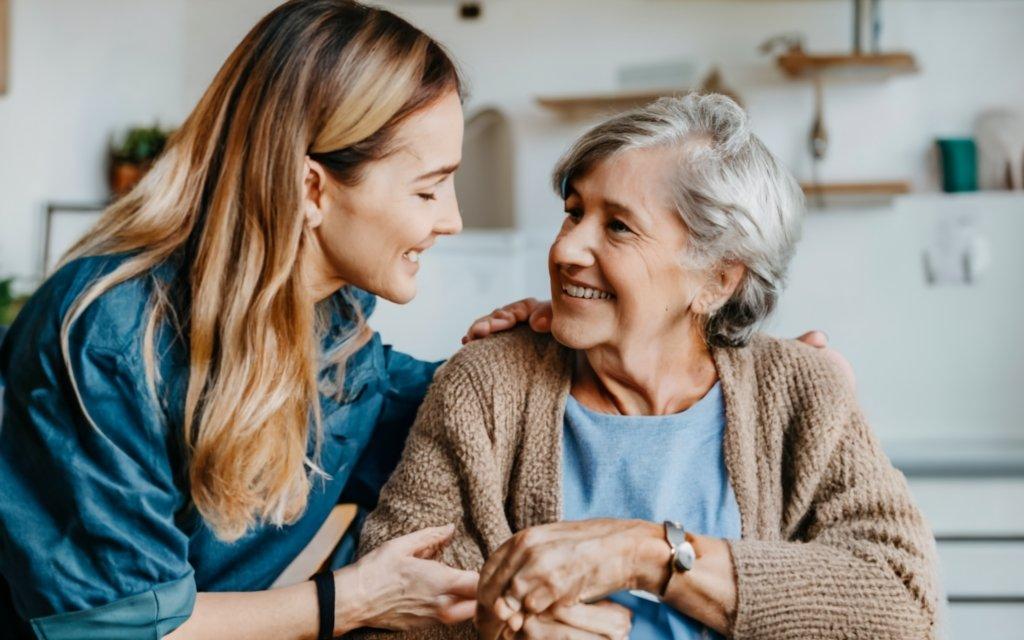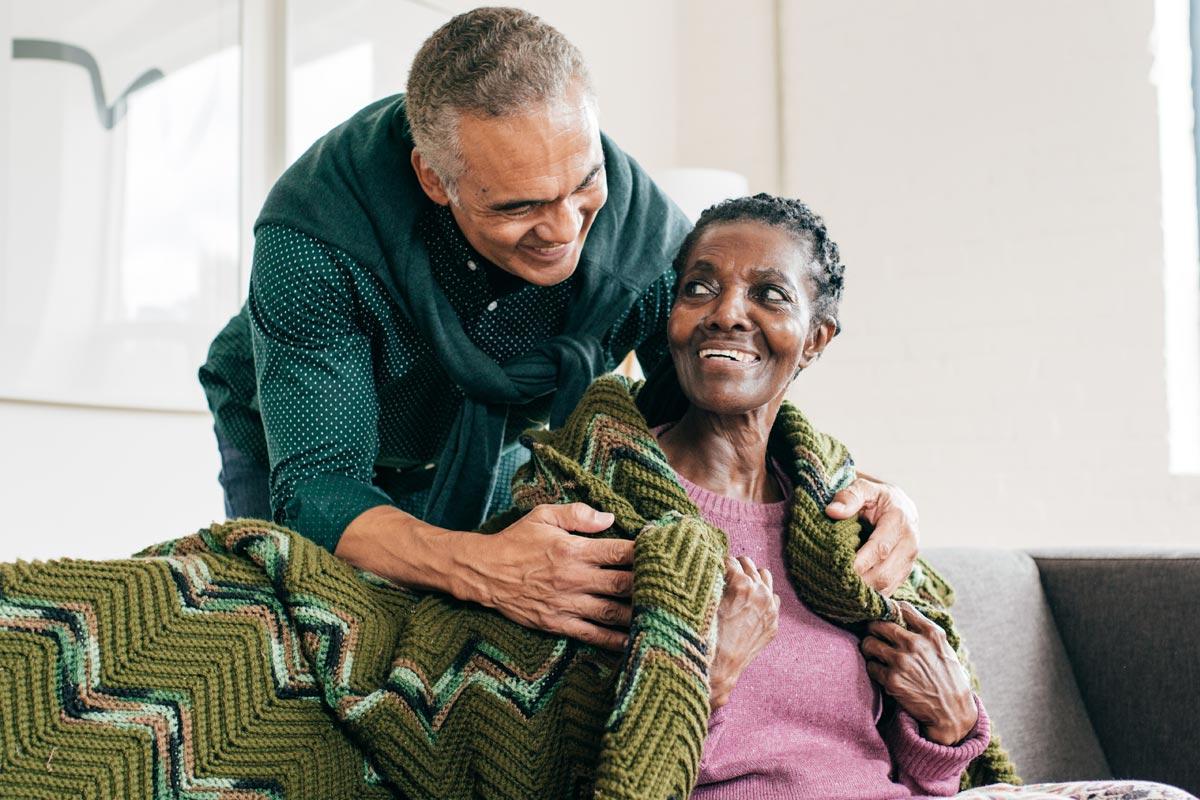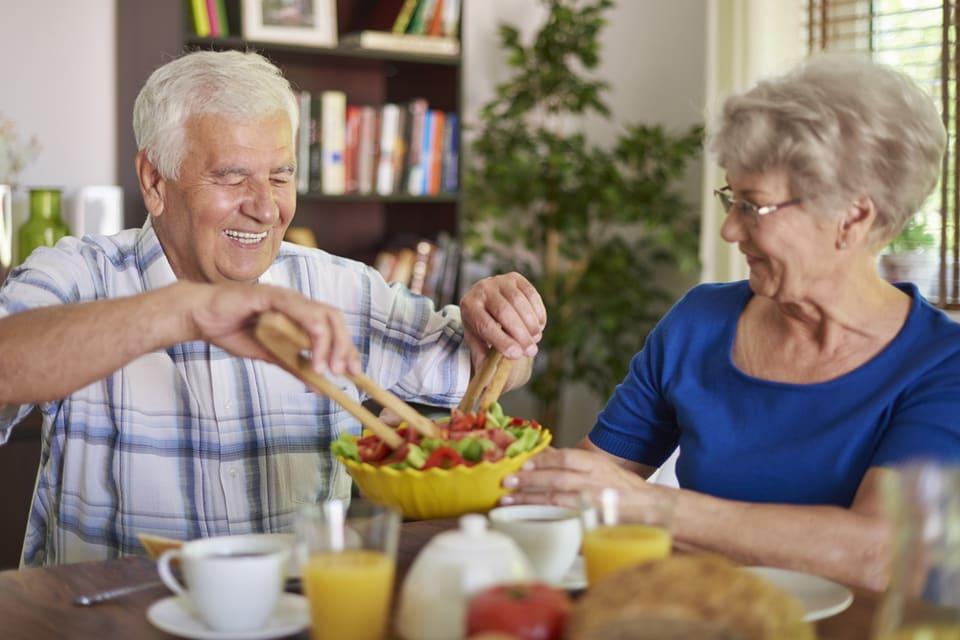Summer is a time for sunshine, outdoor activities, and enjoying the long days. However, for seniors and their caregivers, the heat can pose significant health risks. As we age, our bodies become less efficient at regulating temperature, making older adults more susceptible to heat-related illnesses. Here are some practical tips to help seniors stay cool and safe during the summer months.
Stay Hydrated
Why It Matters:
Dehydration is a common issue for seniors, and it's exacerbated by hot weather. Older adults may not feel thirsty until they're already dehydrated, so it's essential to encourage regular fluid intake.
Tips:
- Drink plenty of water throughout the day. Aim for at least 8 glasses unless otherwise advised by a doctor.
- Include hydrating foods like watermelon, cucumbers, and strawberries in meals.
- Avoid alcohol and caffeinated drinks, as they can lead to dehydration.
Dress Appropriately
Why It Matters:
Wearing the right clothing can help regulate body temperature and keep seniors comfortable.
Tips:
- Opt for light-colored, loose-fitting clothing made from breathable fabrics like cotton or linen.
- Wear a wide-brimmed hat and sunglasses when outside to protect from direct sunlight.
- Use lightweight, moisture-wicking fabrics to help keep the skin cool and dry.
Plan Outdoor Activities Wisely
Why It Matters:
Exposure to extreme heat can lead to serious conditions such as heat exhaustion or heat stroke.
Tips:
- Schedule outdoor activities for early morning or late evening when temperatures are cooler.
- Take frequent breaks in the shade or indoors to prevent overheating.
- Use sunscreen with an SPF of 30 or higher to protect against sunburn.
Keep the Home Cool
Why It Matters:
A cool living environment is crucial for preventing heat-related issues.
Tips:
- Use air conditioning or fans to maintain a comfortable indoor temperature. Aim for 68-74°F (20-23°C).
- Close blinds or curtains during the hottest part of the day to block out the sun.
- Consider using dehumidifiers to reduce humidity levels in the home.
Recognize the Signs of Heat-Related Illnesses
Why It Matters:
Early detection of heat-related illnesses can prevent serious health complications.
Tips:
- Watch for symptoms of heat exhaustion, such as heavy sweating, weakness, dizziness, nausea, or headache.
- Heat stroke symptoms include high body temperature, confusion, rapid pulse, or unconsciousness. This is a medical emergency—call 911 immediately if these symptoms appear.
- Ensure seniors know to seek help or notify their caregiver if they start feeling unwell.
Stay Connected
Why It Matters:
Social isolation can increase the risk of heat-related problems, as seniors may not reach out for help when needed.
Tips:
- Check in on seniors regularly, especially during heatwaves.
- Encourage participation in social activities that take place in cool, air-conditioned environments.
- Use technology like video calls to stay connected if in-person visits aren't possible.
Keep Emergency Contacts Handy
Why It Matters:
Quick access to medical assistance can be lifesaving during a heat-related emergency.
Tips:
- Keep a list of emergency contacts, including healthcare providers and local emergency services, in an easily accessible place.
- Ensure seniors know how to use any medical alert devices they might have.
- Caregivers should familiarize themselves with nearby cooling centers or public places that offer air-conditioned respite.
Conclusion
The summer months can be enjoyable and safe for seniors with the right precautions. By staying hydrated, dressing appropriately, planning activities wisely, keeping the home cool, recognizing signs of heat-related illnesses, staying connected, and keeping emergency contacts handy, seniors and their caregivers can beat the heat and enjoy the season. Always consult with a healthcare provider for personalized advice tailored to individual health needs.












